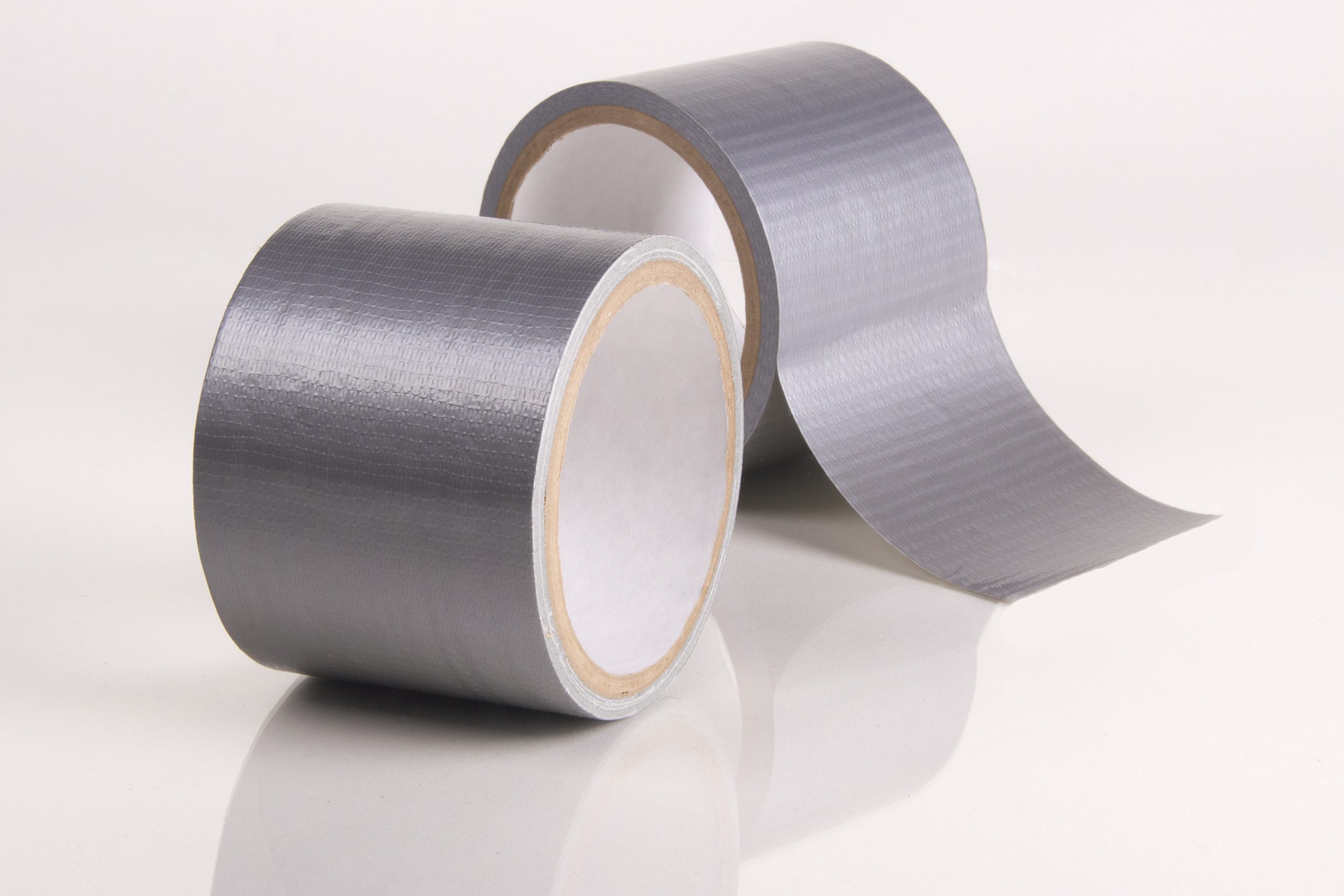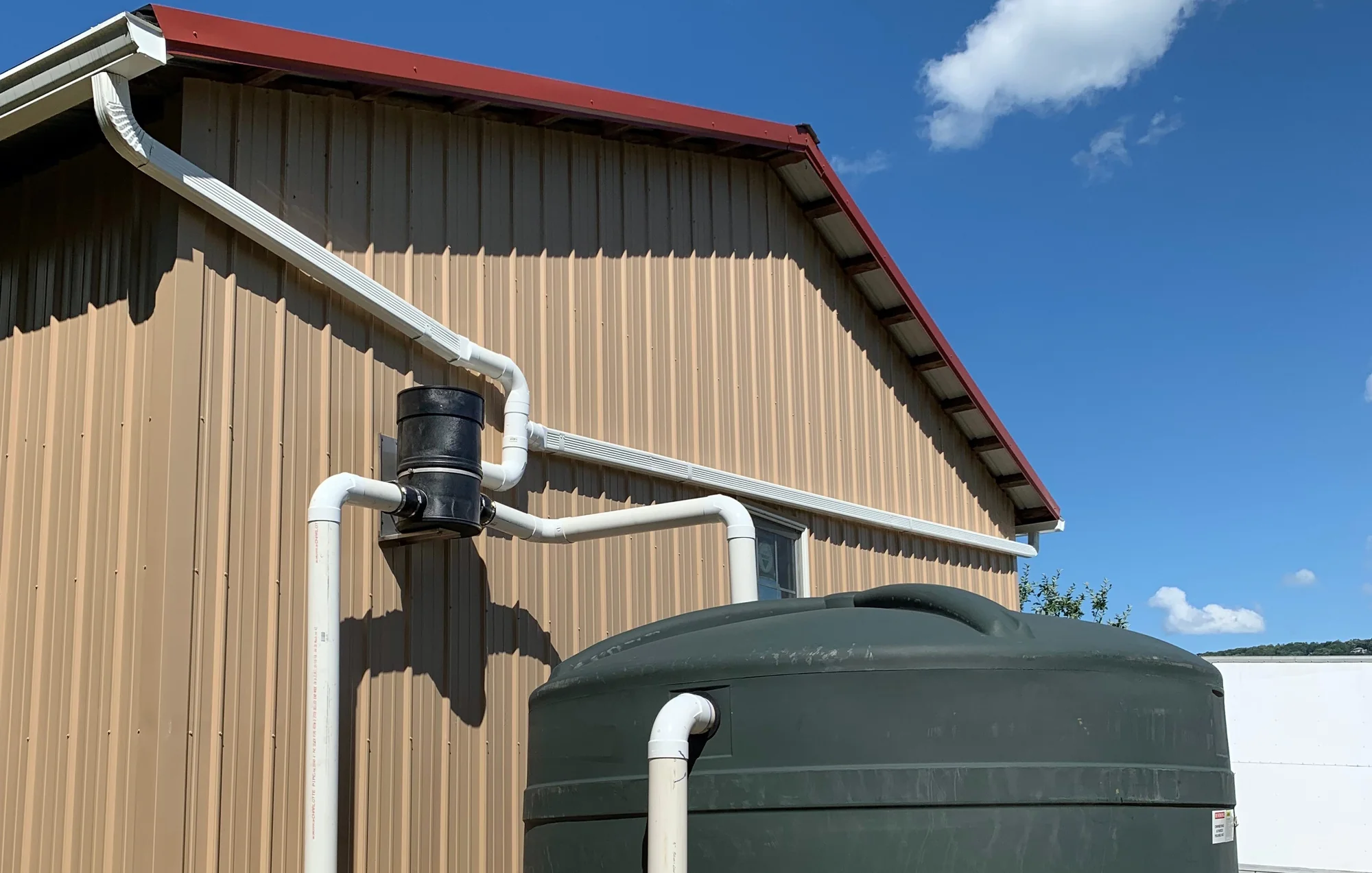Owning a home is a significant milestone, but it also comes with its fair share of responsibilities, primarily in maintenance. While the DIY trend has empowered homeowners to tackle minor repairs and improvements, there’s a fine line between what can be handled independently and what requires professional intervention. This article aims to guide homeowners through this often confusing landscape, offering insights into when it’s crucial to call in the experts. From plumbing and electrical issues to HVAC and pest control, this comprehensive guide will cover various scenarios homeowners commonly face. The objective is to provide a resource that educates and helps make informed decisions that could have long-term implications for both the home and its inhabitants.
Contents
The Importance Of Timely Maintenance

Timely maintenance of a home isn’t just about keeping it looking good; it’s also about ensuring its long-term value and the safety of those living there. Neglected homes are more likely to suffer from leaks, electrical faults, and even structural damage, which can be costly. Moreover, a well-maintained home is more energy-efficient, which translates into lower utility bills.
The concept of “preventive maintenance” is particularly important here. This involves regularly checking and fixing minor issues before they escalate into major problems that require expensive repairs or replacements. For example, if addressed promptly, a small leak in a pipe can prevent a major flooding issue that could damage the home’s structure. This section serves as a precursor to the article’s main theme: understanding when to call in professionals for these maintenance tasks.
Understanding The Limits Of DIY
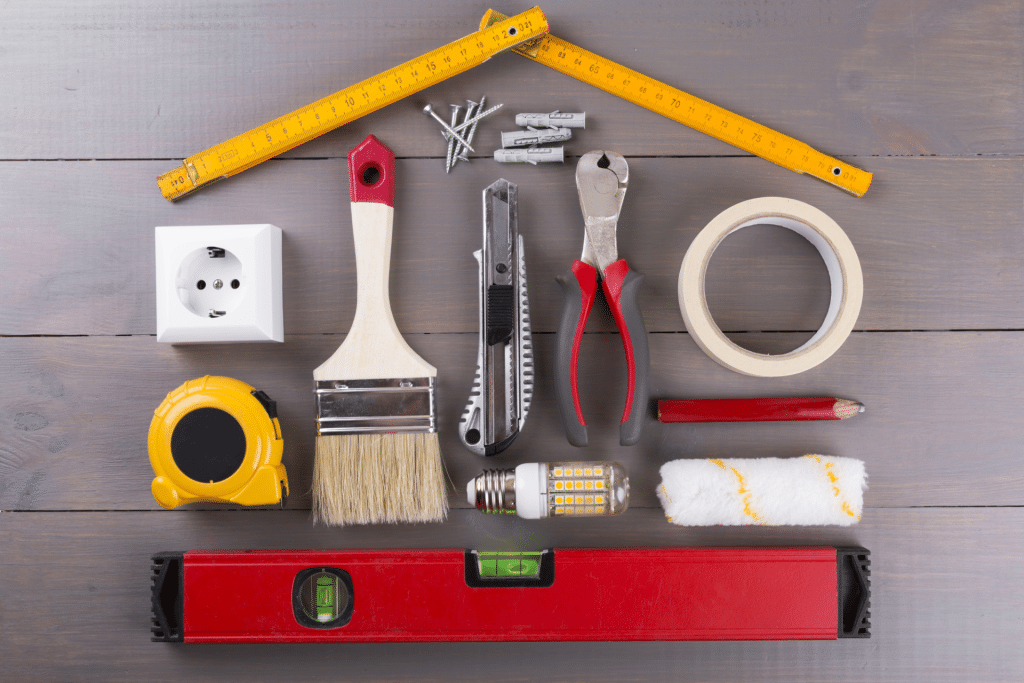
The DIY trend has gained significant traction thanks to the plethora of online tutorials and home improvement shows. While this empowers homeowners, it’s essential to recognize that not all home maintenance tasks are DIY-friendly. Some tasks require specialized tools and expertise that the average homeowner may not possess.
The limitations of DIY extend beyond just a lack of expertise. Many home maintenance tasks are time-consuming and require a level of commitment that may not be feasible for everyone. Furthermore, mistakes in DIY projects can often lead to bigger problems, requiring more time and money to fix. For instance, a poorly executed plumbing repair could lead to water damage affecting multiple home areas. This is why knowing when to put down the tools and call in a professional is crucial.
Signs You Shouldn’t Ignore
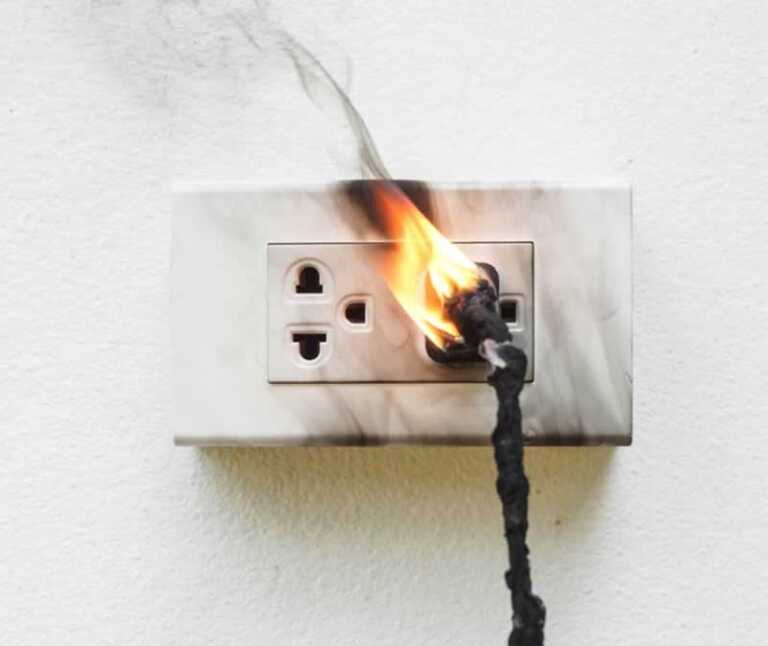
Every home gives off signals when something isn’t right, and these shouldn’t be ignored. For example, strange noises from appliances could indicate a malfunction needing immediate attention. Similarly, flickering lights could be a sign of electrical issues that require professional intervention. Ignoring these signs can lead to more significant problems, including potential safety hazards.
The risks of ignoring these signs are manifold. Electrical issues can lead to fires, while plumbing problems can result in water damage that could affect the home’s structural integrity. Even something as seemingly minor as a persistent noise from the HVAC system could indicate a problem that, if left unaddressed, could lead to a complete system failure. Therefore, being vigilant and proactive in seeking professional help when these signs appear is crucial.
When To Call A Plumber
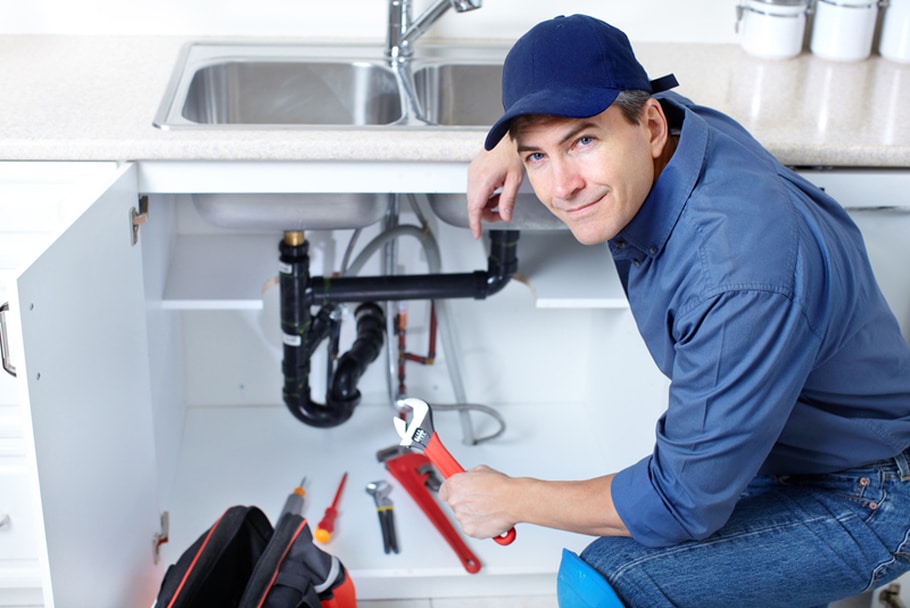
Plumbing issues are among the most common problems homeowners face. While some issues, like a clogged drain or a leaky faucet, may seem manageable, they can often be symptoms of a larger underlying problem. For example, recurring clogs could indicate a deeper blockage in the plumbing system, requiring specialized equipment and expertise.
Expert advice suggests that homeowners should call a plumber for issues that involve the home’s water supply sewer lines or if there’s a risk of flooding. Tasks like replacing a water heater, fixing a sewer line, or addressing low water pressure throughout the home are complex and require a professional’s touch. DIY attempts at fixing these could lead to more significant issues, including water damage and even health risks due to contamination.
When To Call An Electrician
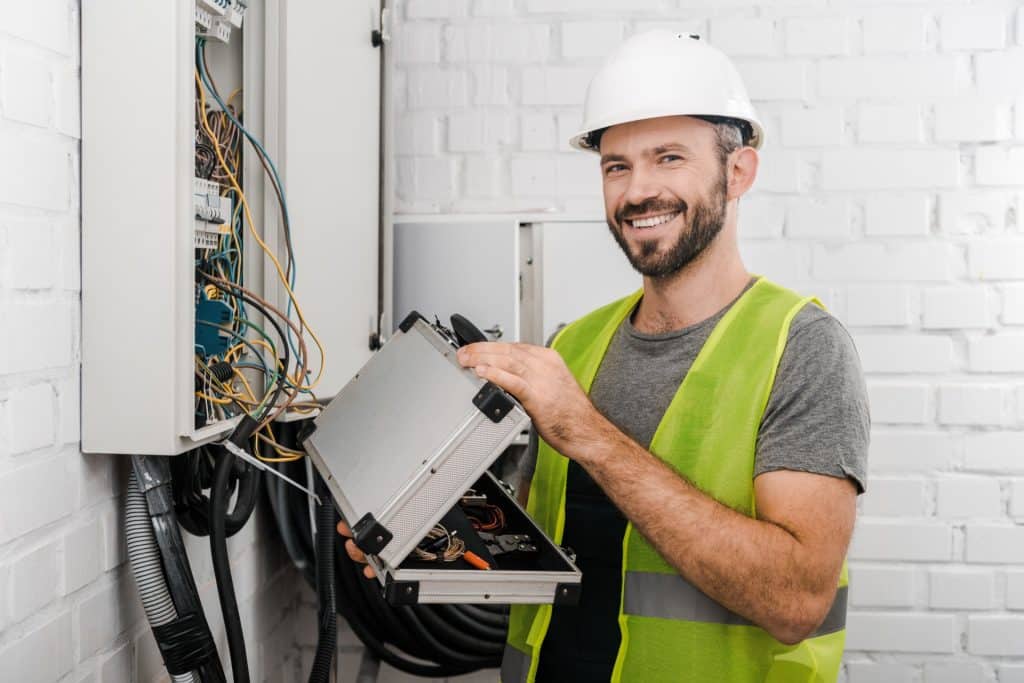
Electrical issues are not just inconvenient; they can be downright dangerous if not addressed by a qualified professional. Common problems like flickering lights, frequent tripping of circuit breakers, or outlets that are hot to the touch are all signs that it’s time to call an electrician. These issues could indicate a larger problem with the home’s electrical system, such as outdated wiring or an overloaded circuit.
Experts recommend calling an electrician for wiring, circuit breakers, or electrical installations. This is not just about fixing a current issue; it’s also about preventing potential hazards like electrical fires. For example, outdated wiring can be a fire hazard and should be replaced in a home’s regular maintenance. DIY electrical work is not only risky but also often illegal without the proper permits and inspections.
When To Call An HVAC Technician
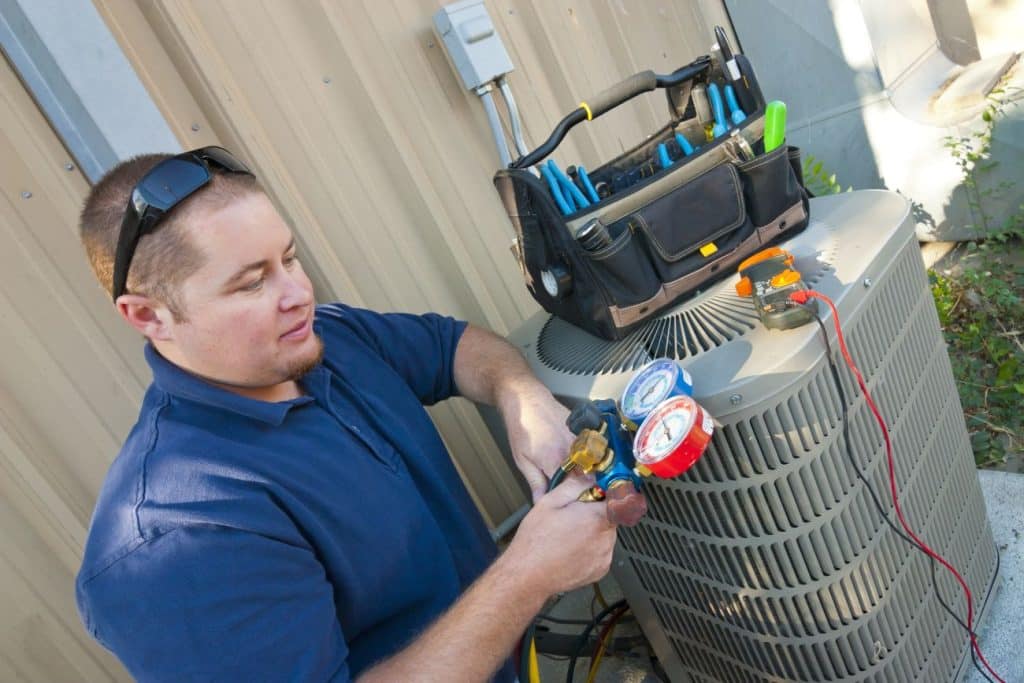
HVAC (Heating, Ventilation, and Air Conditioning) systems are complex and require specialized knowledge for proper maintenance and repair. Signs that it’s time to call an HVAC technician include inconsistent room temperatures, strange noise from the system, and a noticeable decline in air quality. These could indicate issues ranging from faulty thermostats to problems with the ductwork.
Expert advice often points to regular maintenance as the key to an efficient HVAC system. Tasks like cleaning or replacing air filters, checking the refrigerant levels, and inspecting the overall system should be left to professionals. Failure to address these issues promptly can lead to higher energy bills, poor air quality, and even complete system failure, requiring expensive replacements.
When To Call Pest Control
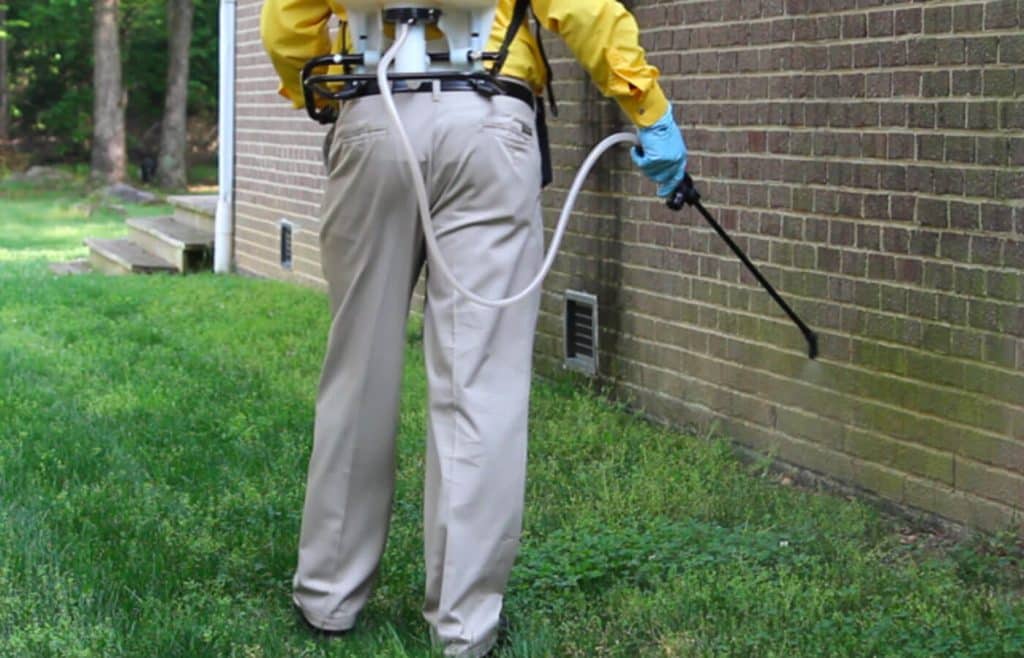
Pest issues are not just annoying; they can also pose health risks and cause structural damage to a home. Common signs that it’s time to call in pest control include visible evidence of pests like rodents or insects, damage to furniture or structures, and even unusual smells. While some homeowners may attempt DIY solutions for minor infestations, these are often ineffective for larger or more persistent problems.
Experts recommend professional intervention for dealing with pests like termites, ants, and rodents that can cause significant damage. Pest control professionals can address the current infestation and provide solutions to prevent future problems. DIY methods often treat the symptoms but not the root cause, leading to recurring issues that can become increasingly severe.
The Costs Of Not Calling In Help
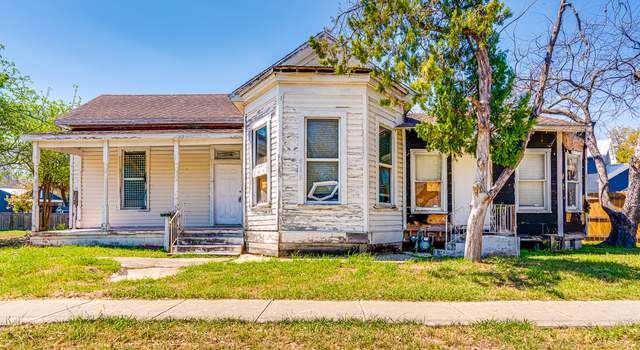
Ignoring or improperly handling home maintenance issues can have significant financial implications. For instance, a small, unaddressed leak can lead to extensive water damage, requiring costly repairs. Similarly, electrical issues that are not promptly fixed can result in fire hazards, putting both the home and its inhabitants at risk.
Moreover, failing to address these issues can lead to decreased property value. A home in poor condition is less likely to attract buyers willing to pay a premium price. In the long run, the cost of professional repairs and maintenance is often much less than the potential loss in property value and the additional costs incurred from DIY mistakes or neglect.
The Bottom Line
Homeownership comes with the responsibility of maintenance to ensure the property’s longevity, safety, and value. While the DIY trend has made it tempting to tackle many tasks independently, this article has highlighted the importance of knowing when to call in professionals. From plumbing and electrical work to HVAC maintenance and pest control, certain tasks require specialized expertise to handle effectively and safely. Ignoring signs of trouble or attempting to DIY complex tasks can lead to significant financial and safety risks. Therefore, homeowners are encouraged to monitor their homes for issues and proactively seek professional help when needed. This ensures a well-maintained home and peace of mind, knowing that the property and its inhabitants are safe.

